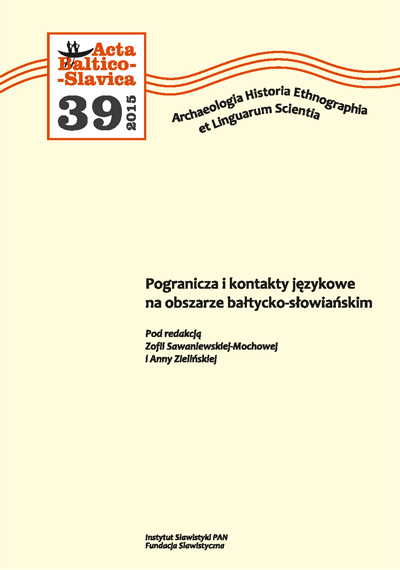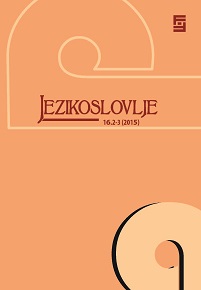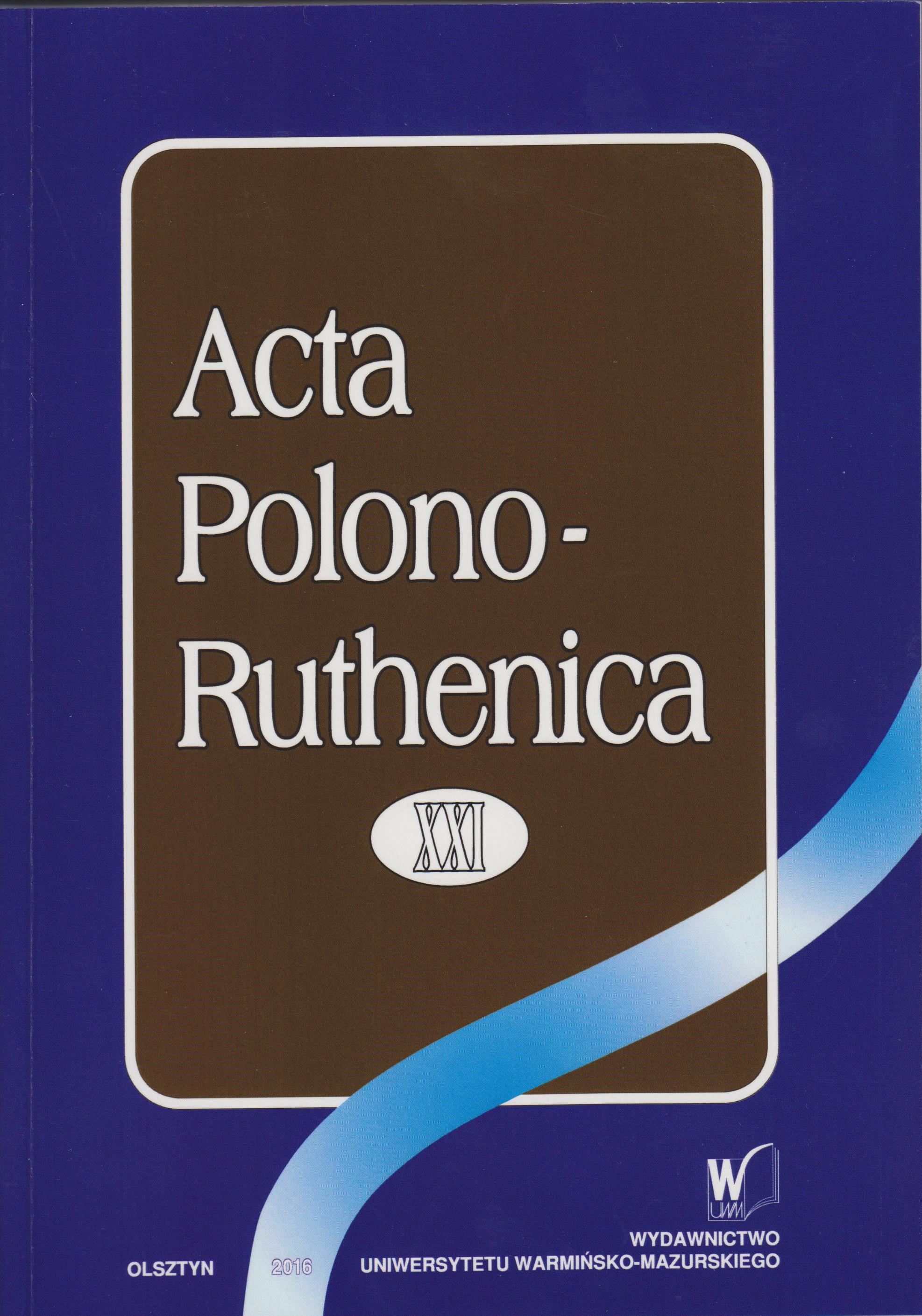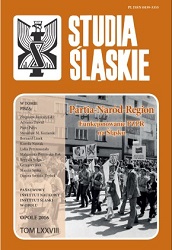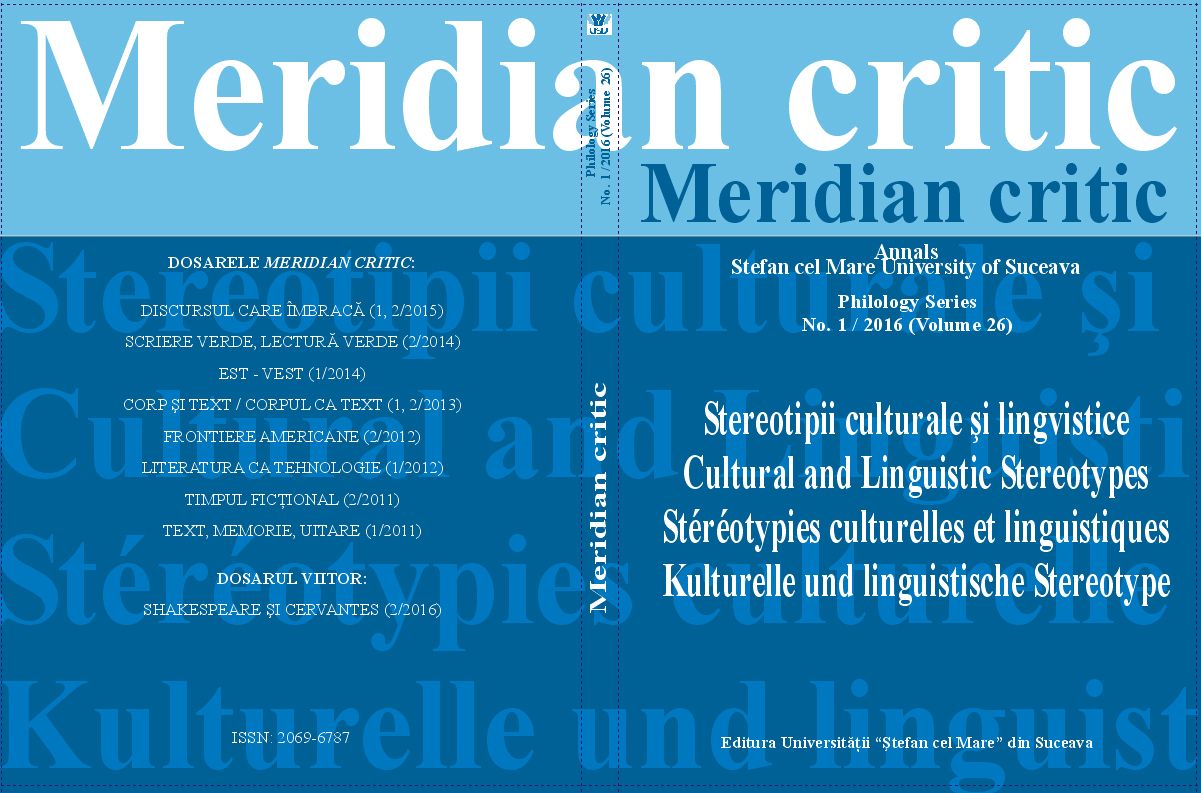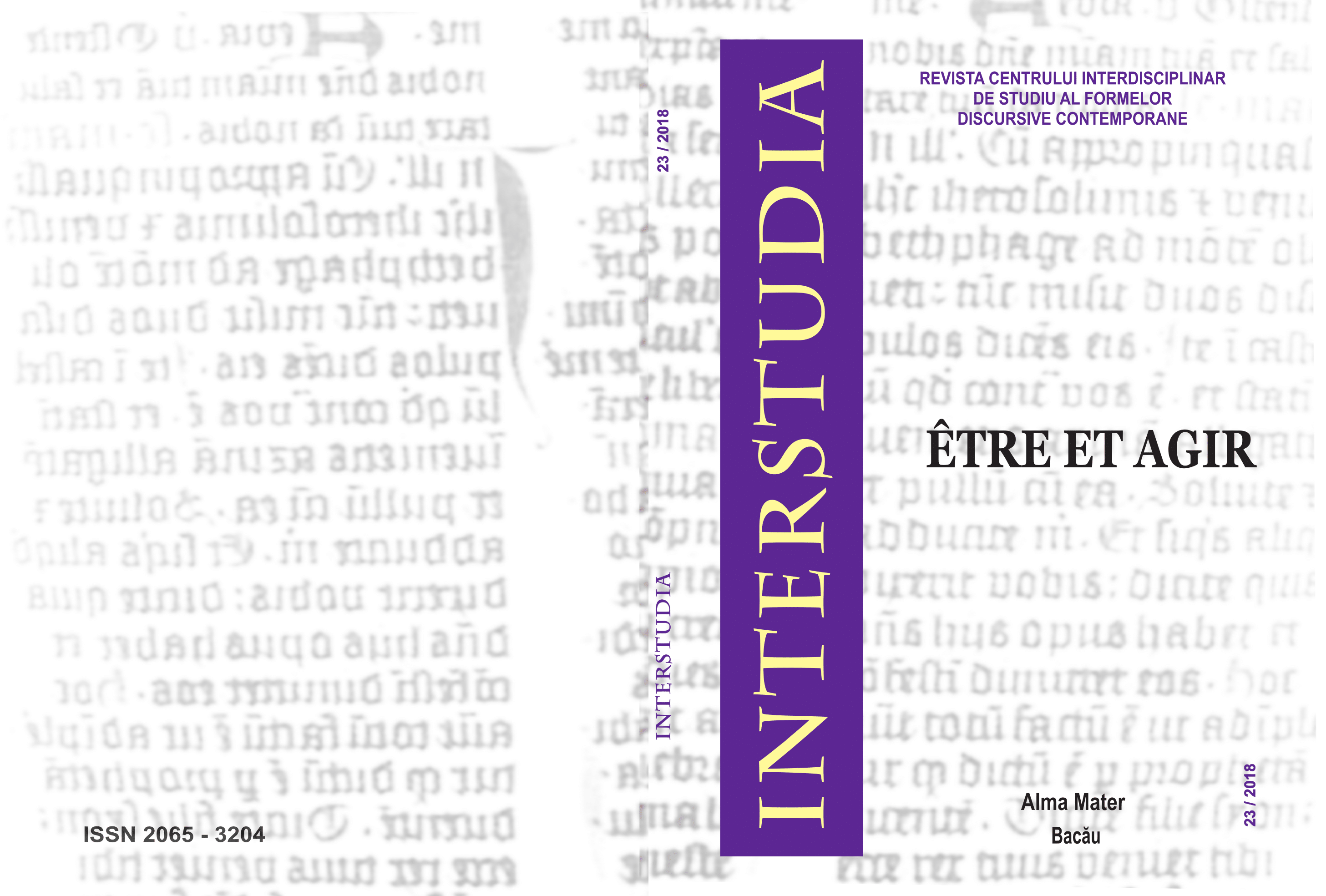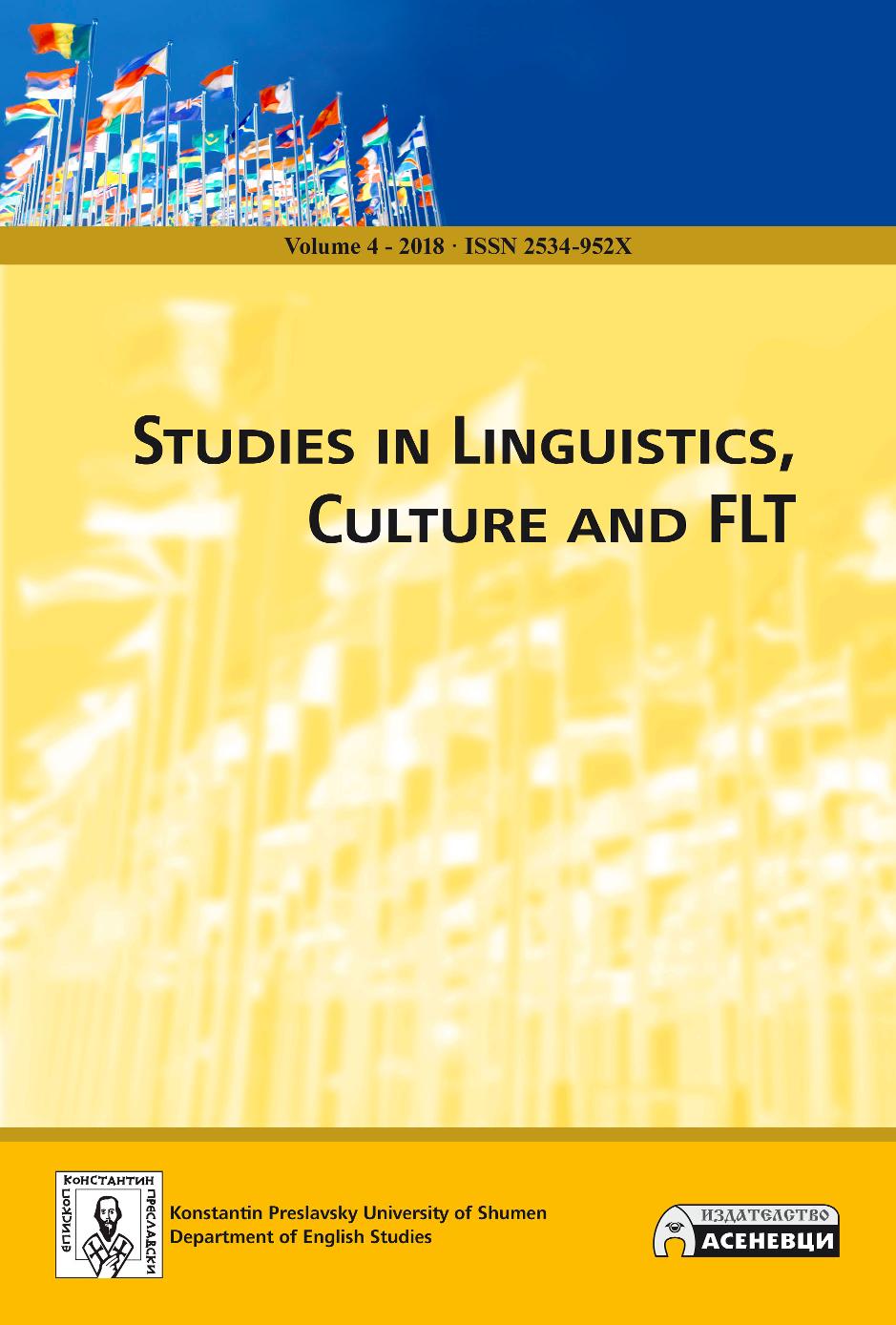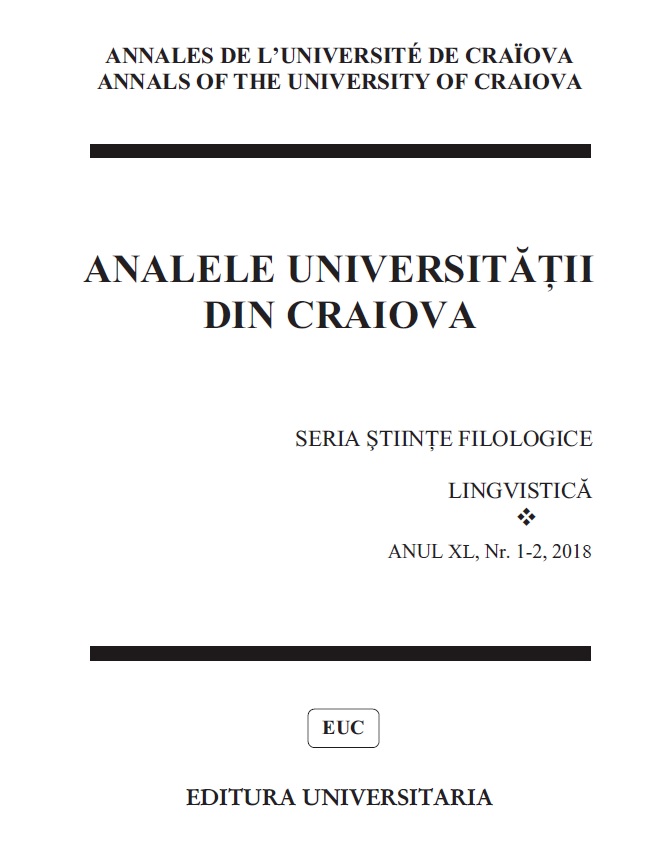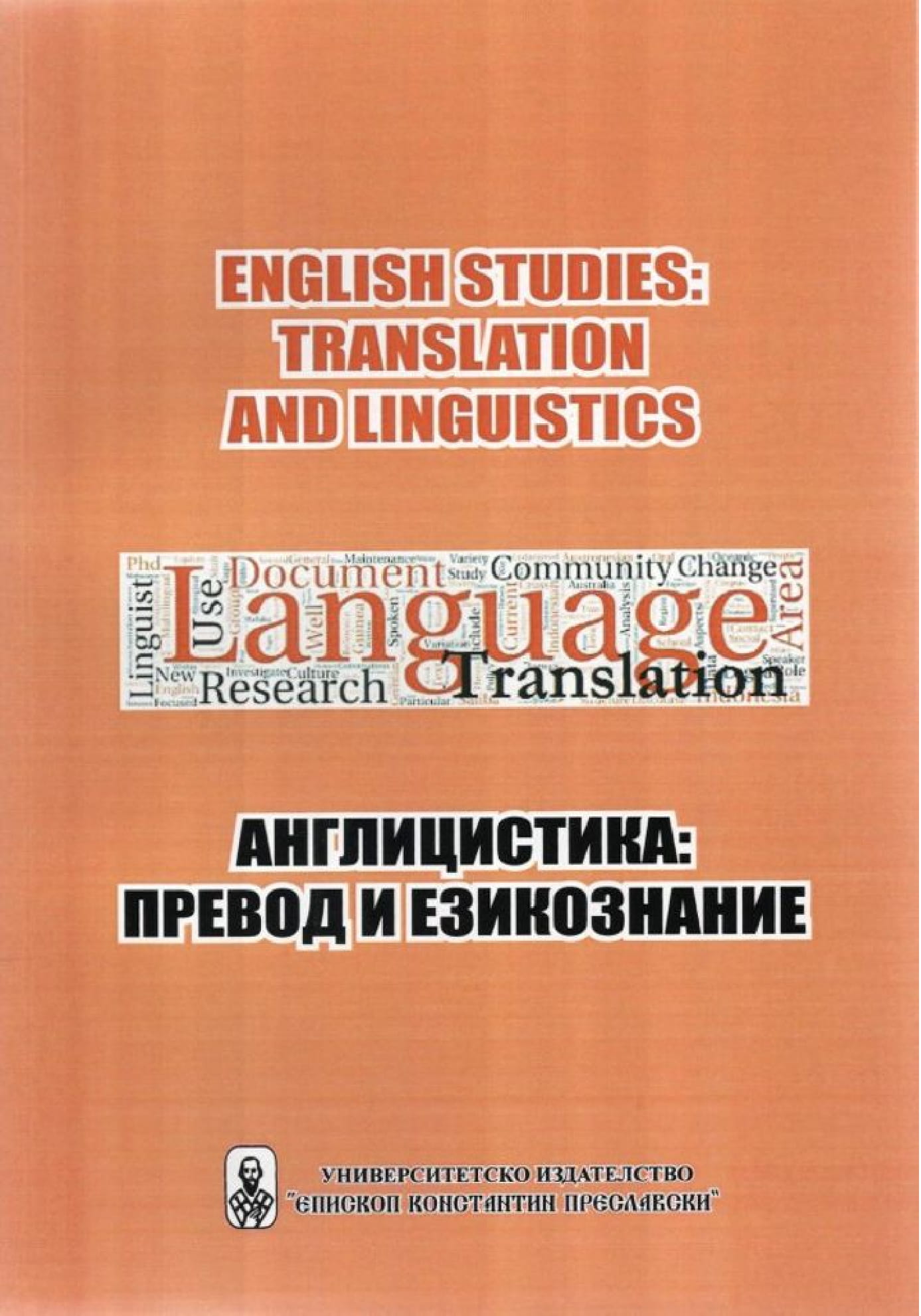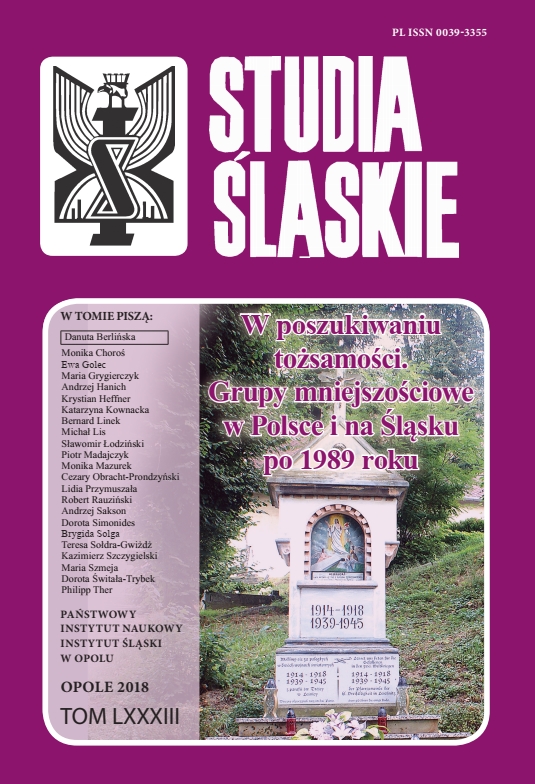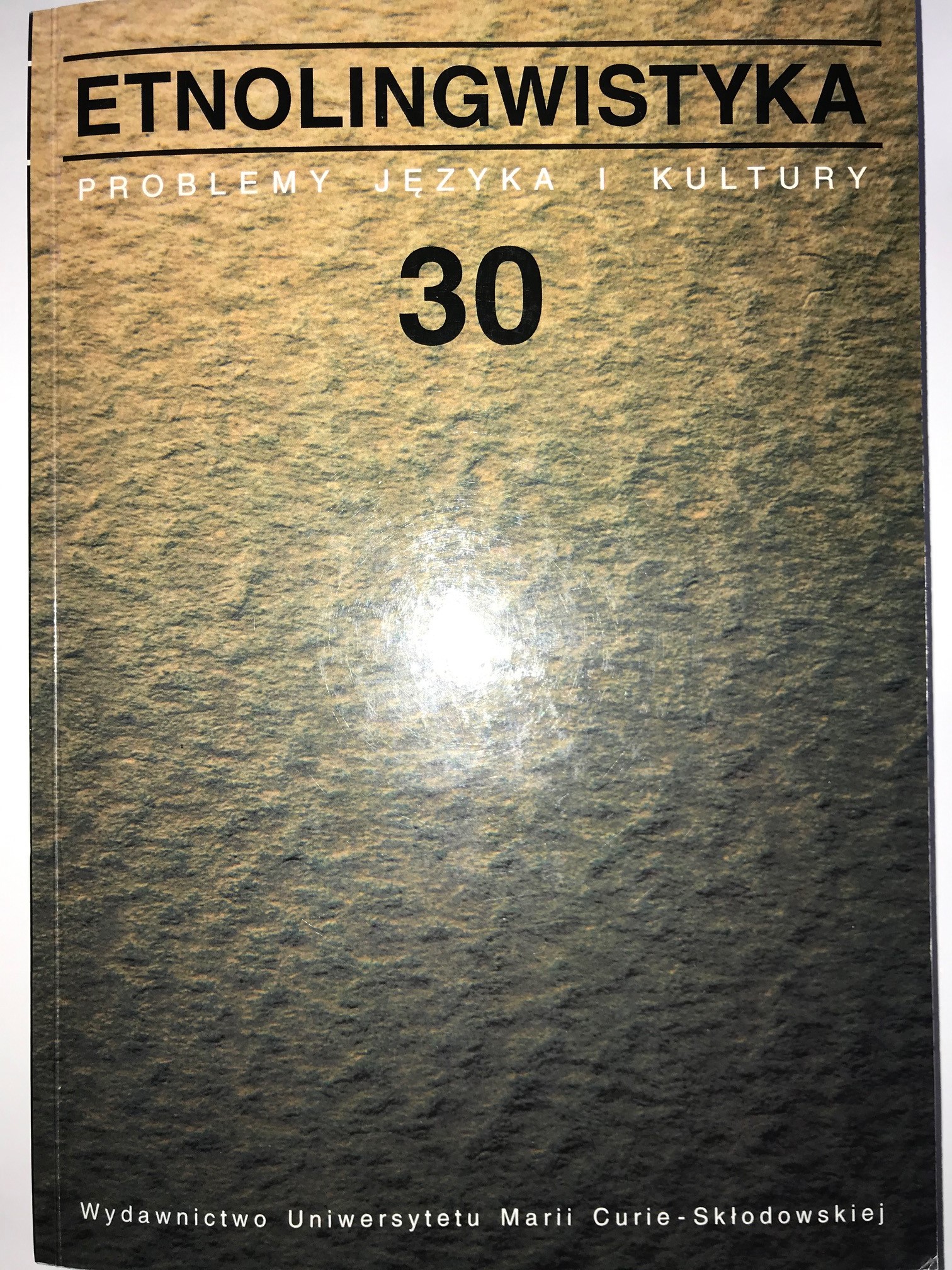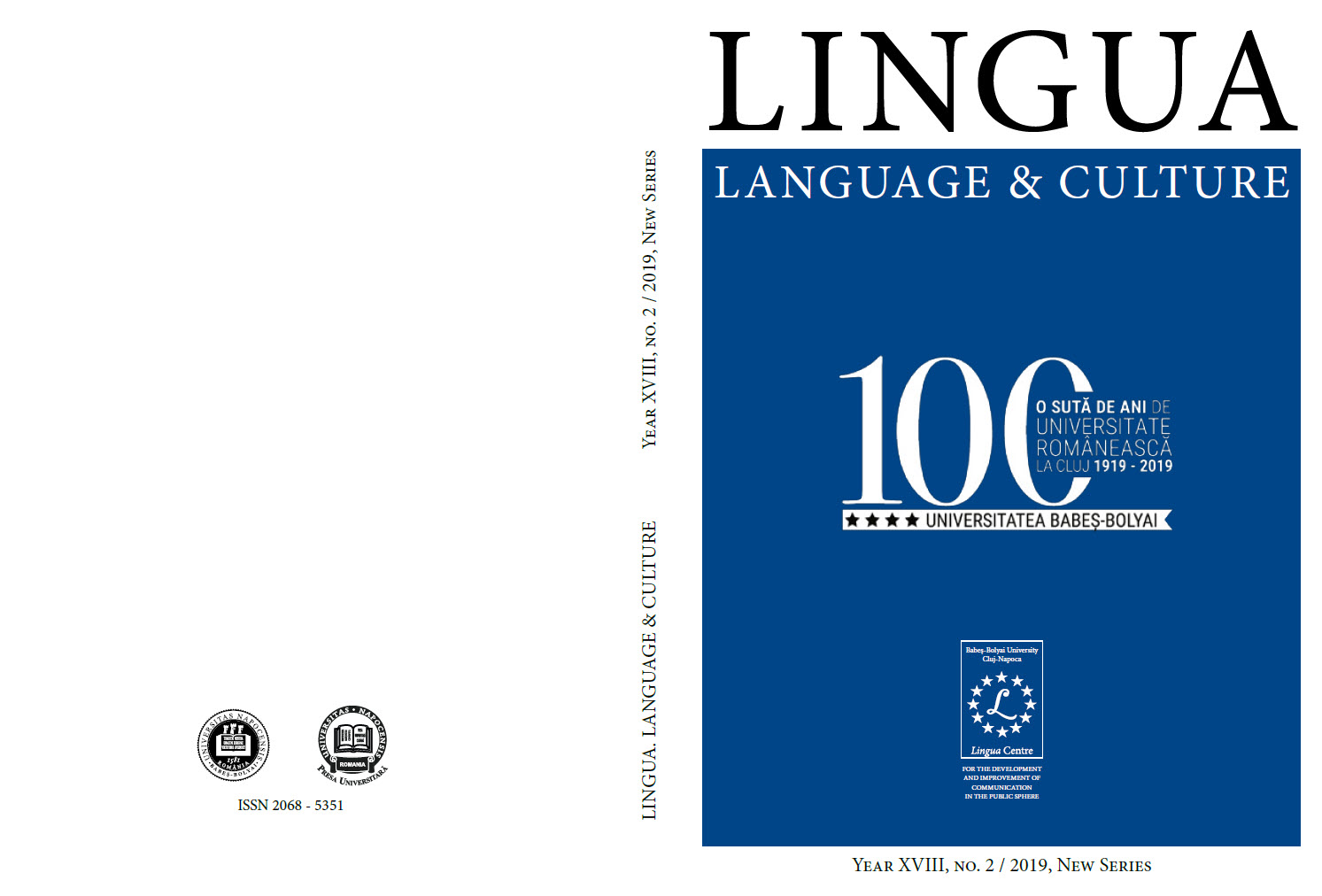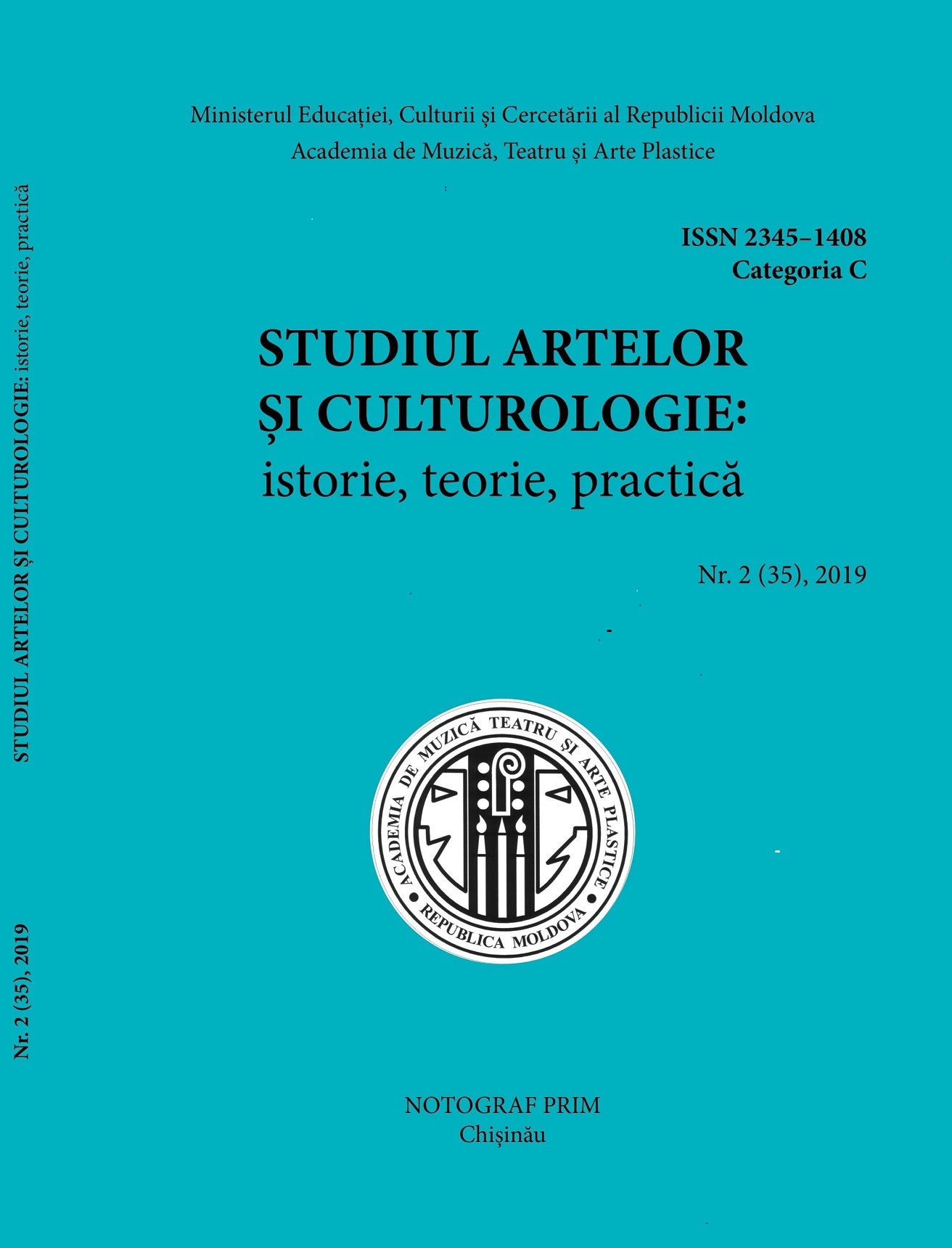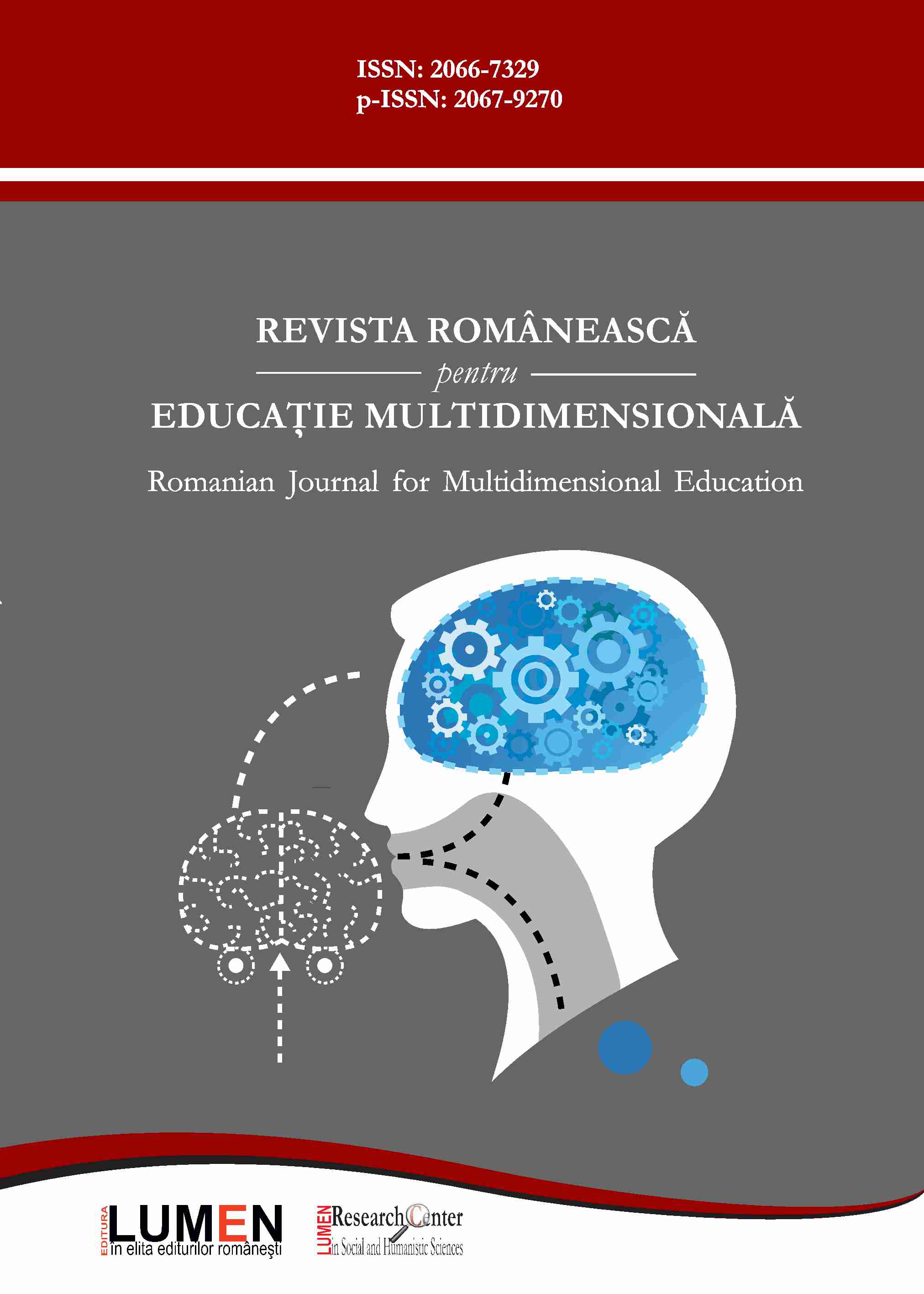Author(s): Armanda Ramona Stroia / Language(s): Romanian
Issue: 1/2016
The acute reliance on clichés reflects on the one hand a general and inevitable but intrinsec feature of language, inscribed in its "genetic code". On the other hand, from the perspective of social psychology, it reflects a broader phenomenon that marks the human mind, in order to simplify the complex set of stimuli from the environment. Apparently, linguistic clichés arise adverse reactions, especially from stylistics’, being disqualified and strongly perceived as a deviation from the aesthetic imperatives promoted under the auspices of the Romanticism: the cult of individual creative expression, the obstinate rejection of banality associated with topoï. However, this paper aims to outline the main directions by which sociology and other related disciplines reevaluate the status of clichés as vital structures in the coagulation of modern society which is being fractured and atomised.The complexity of this linguistic phenomenon is visible in the polymorphous nature of the concept, able to enter into relationship of partial synonymy with a number of related terms (stereotype, poncif, template, verbal automatism, topoi, matrix, pattern, repeated discourse). In the context of this conceptual nebulosity, it is required to rethink the fuzzy boundaries and relationship between these frequently used concepts within current linguitic studies and perhaps, even refine the theory of cliché from the new perspectives of social psychology, psychology, sociology of mass communication. Consequently, in order to have a coherent overview on the phenomenon, our investigation aims at outlining the interdisciplinary theoretical horizon necessary for the radiography of the linguistic cliché by corroborating the main linguistic approaches, especially from the Francophone space (Ruth Amossy, Herscberg Pierrot, Henri Quéré, Riffaterre) and Anglophone space (Ryan Stark, Gary Olson) with sociology and social psychology’s perspectives (Anton Zijderveld, Gabriel Tarde).
More...
